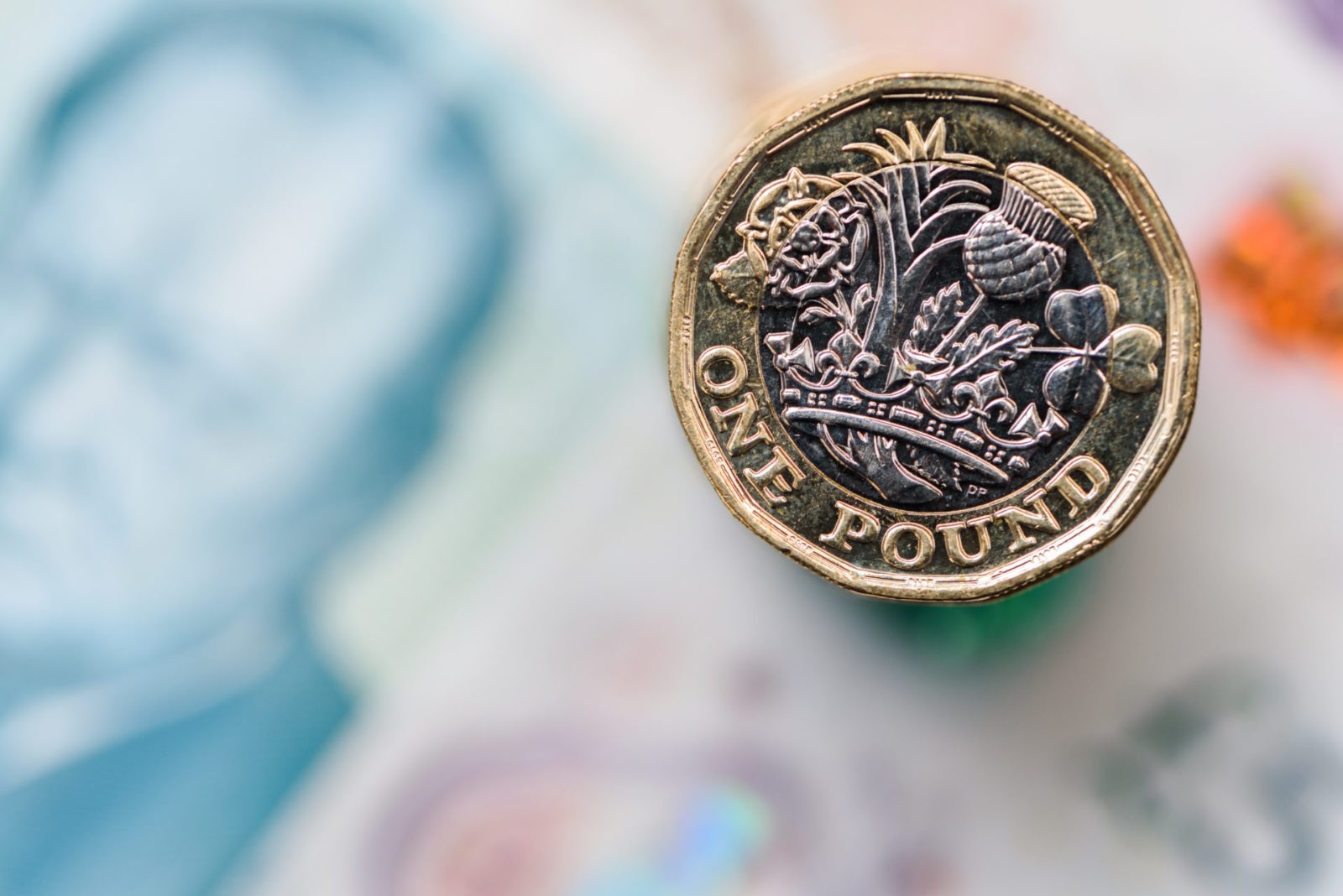
As we can expect, there’s a lot of volatility in the markets as we approach the election. Yesterday morning, the pound hit a 31-month high as a poll showed an extended Conservative lead, only for the rally to fade following the next poll, showing a smaller lead. This evening, we’ll see the release of another poll which could cause the pound to move.
Positive data from the eurozone did briefly help the euro, as figures showed an unexpected uptick in investor confidence. However, poor forecasted economic sentiment data today could have the opposite impact.
The deadline for the US’s next tariff imposition is 15th December, and, with little progress seemingly made so far, the uncertainty over whether the tariffs really will be delayed is starting to affect the markets.
There’s a lot that’s unpredictable at the moment, and no-one can say exactly where the pound might go. We can, however, consider certain scenarios that might be likely, so you can better plan ahead with the election coming up. Don’t miss our recent infographic explaining the major potential outcomes of the election and what it could mean for anyone transferring money soon.
For further guidance and to discuss your transfers, do call your Business Trader on 020 7898 0500.
GBP: Pound hits 31-month high on latest poll
The pound retained its strength yesterday, hitting a 31-month high against the euro as a recent election poll showed an extended, 14-point lead for the Conservative Party.
However, the rally had faded by the afternoon as another poll showed just a 7-point lead for the Tories, suggesting an increased likelihood of a hung parliament. Sterling is slightly weaker this morning ahead of another poll, which will be released at 10pm this evening.
The markets widely expect a Conservative majority as a result of the general election on Thursday, which is thought to solve the Brexit impasse. It would also create a new deadline of December 2020 for a new trade deal to be signed.
Yesterday, a document was leaked which says that the government will struggle to deliver the infrastructure and staffing needed to fully exit the EU by December 2020.
Meanwhile, the Shadow Chancellor, John McDonnell, tried to calm worries of the pound plummeting in the event of a Labour win. He insisted that this wouldn’t happen and said, “my fear is that the pound will start to go up because of our investment plans.”
Today, we’ll see Balance of Trade and Industrial Production figures for the UK.
EUR: Choppy start to week despite unexpectedly positive investor confidence
It’s been an expectedly choppy start to the week for the euro, with political news from the UK dominating the headlines. The single currency was given a boost yesterday by an unexpected improvement in investor sentiment, but there is still more to come today. European economic sentiment is forecast to decline by almost 17 points, although German sentiment is set to increase.
In other words, things could go either way. We also have a range of other releases, including industrial production. This morning, French non-farm payrolls showed an increase of 0.2% from the previous period to 25.40 million in the third quarter of 2019.
As well as the results of the UK election early on Friday, the markets are looking forward to Christine Lagarde’s monetary review on Thursday, when they will be watching closely for signs of her support for the stimulus package and hints of whether it will be deepened in the future or not.
USD: Dollar weak as tariff deadline looms
The dollar weakened yesterday due to worries about US-China trade tensions. The markets have been largely assuming that tariffs expected on the 15th of December will be dropped or postponed. However, as a phase one trade deal has not yet been signed, the tariffs have not been averted.
Top White House economic adviser Larry Kudlow confirmed on Friday that the deadline to impose the new tariffs remains in place but added that Trump is pleased with where trade talks with China are going. China has also said that it hopes to make a trade deal as soon as possible.
The dollar also slipped due to weak Chinese data, which highlighted the economic damage from this 17-month long trade war.
For more on currencies and currency risk management strategies, please get in touch with your Smart Currency Business trader on 020 7898 0500 or your Private Client trader on 020 7898 0541.

 020 7898 0500
020 7898 0500
